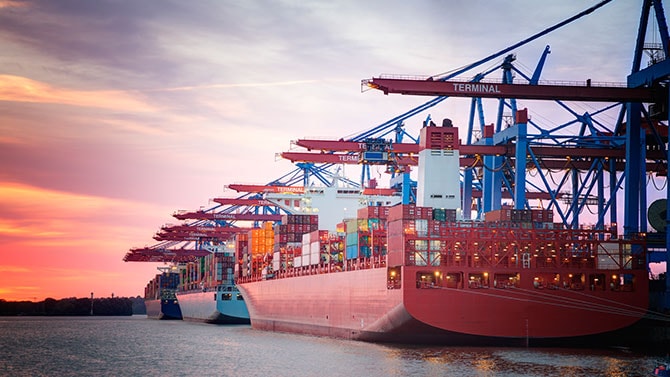
Incoterms 2020, what to do!
25/10/19
The 2020 edition of the Incoterms has been published by the International Chamber of Commerce. The 2020 edition of the Incoterms will be effective from the 1st of January 2020.
The main changes in the new version relate to providing more clarity on how to use the Incoterms and clarifying some of them.

What does this mean for you?
The introduction of the 2020 edition of the Incoterms is an opportunity for parties to review their use of the Incoterms. From our experience, often parties do not apply the Incoterm that is best suited for their needs. A common mistake is the usage of Incoterms suited for transport oversea (for example FOB), when another means of transport is being used. This may result in confusion which party has which responsibilities.
Even though we all know in practice what is meant when using an Incoterm that might not fit for 100% in legal discussion it could be a different case.
When it is decided to incorporate the 2020 edition of the Incoterms and changes are made, these changes will have to be processed, not only in the contract, but also think of the letter of credit, contract for carriage, the insurance contract and do not forget the ERP system.
Overview changes 2020 edition incoterms
Contrary to expectations earlier this year, the Incoterms EXW (Ex Works) and DDP (Delivered Duty Paid) have not been removed. Therefore, while using DDP, the seller of the goods will continue to be responsible for transport, insurance and duty related matters, which costs are captured in the price under the DDP Incoterm.
There is however a change in the 'D'-category of the Incoterms. This regards the change of the DAT (Delivered at Terminal) Incoterm into DPU (Delivered at Place Unloaded). This change has been made in order to emphasize the possibility that goods can be delivered at any place that is contractually agreed upon.
The 2020 edition of the Incoterms now includes the possibility to arrange transportation of goods with seller’s or buyer’s own means of transport while using the Incoterms: FCA, DAP, DPU and DDP. This was already a common practice and now has been officially included in the Incoterms.
Another change includes the addition of Explanatory notes in order to provide guidance to users of the Incoterms in deciding which Incoterms rule to implement for a specific transaction, and to provide guidance when settling disputes around the Incoterms rules.
Let's talk
If you have any questions regarding the above or require any assistance, please do not hesitate to contact your PwC Customs & International Trade expert.
Contact


André Stoop
Senior Manager - Customs & International Trade, PwC Netherlands
Tel: +31 (0)62 293 16 98

















